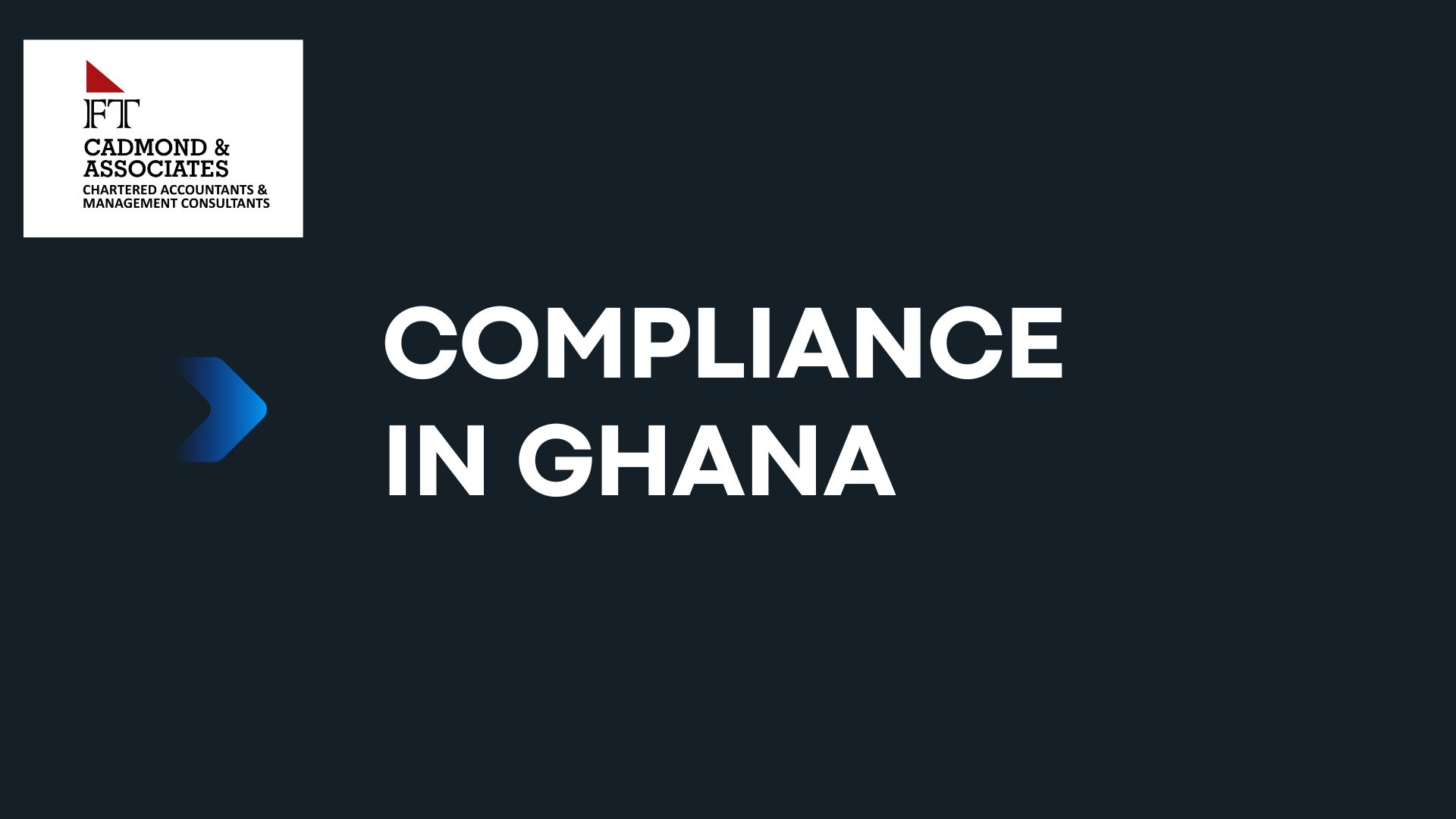
- Klenam Bright Elewosi
- Finance
Importance of External Auditors.
Internal controls are essential for safeguarding a business's financial and material assets. Internal corporate controls are tested for efficacy through auditing, which also functions as a control mechanism. Internal audits, both formal and ad hoc, seek to identify instances of fraud, mistakes, and behaviors that might harm a company's reputation and jeopardize its future. External audits add a further level of control, increase transparency, and improve a company's reputation in the public eye.
The internal audit team at the company cannot offer the independence that an external audit provides. Internal auditors are compelled to take a personal interest in the results of their investigations, whereas external auditors are not worried about consequences in the event that the organization is dissatisfied with their report. This lack of prejudice is crucial for reinforcing a company's financial statements' credibility and overall financial health.
With an external auditor on board, important business stakeholders, as well as important and relevant revenue and review committees, can rest assured that an organization's finances and accounting procedures will be thoroughly investigated. This credibility is crucial for small and newly established businesses as well as businesses that may have experienced a data breach and are currently working to rebuild their reputation and win back the trust of their clients, shareholders, and the general public.
Employing the services an external auditor strengthens firm practice within the bounds of government compliance in light of the expansion of regulation. An external auditor's responsibility is to find areas of noncompliance as well as any instances of fraud or abuse within the organization. Due to their distance from the company and ability to look at it with a new set of eyes, external auditors are more likely to explore deeper to find these weaknesses.
The function of external audit will also identify additional areas for development in addition to highlighting areas where compliance efforts may be deficient. The external auditor's responsibility is to identify any areas of the company where processes should be improved to cut down on waste and inefficiency. They will offer suggestions to important decision-makers in the organization on how to improve internal controls or maybe even introduce automation to simplify business and accounting procedures.
The job of external audit can also incorporate training for a company’s internal audit team. Comparing modes of analysis between the internal and external auditor can improve the former’s performance moving forward and ultimately strengthen the audit capabilities of the organisation.
External auditors offer significant and priceless insights into the information that is present within an organization. Businesses have confidence and assurance that their information and business practices are appropriately protected.
To conclude, the role and importance of an external auditor cannot be overemphasized but rather appreciated as it contributes to the development of businesses and fosters sanity in business administration.






